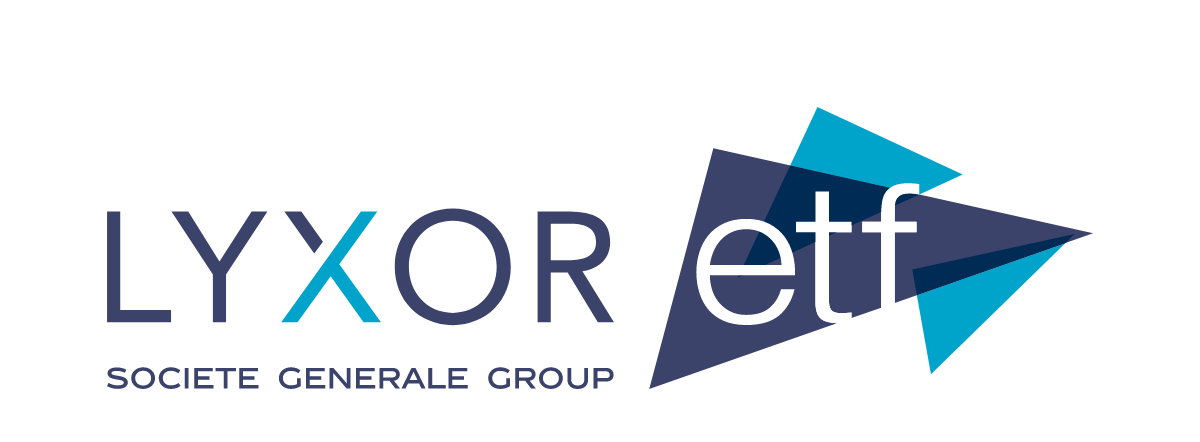The proposed clean energy index reshuffle from S&P Dow Jones Indices (SPDJI) has brought an uncomfortable discussion about thematic ETFs to the fore: should we be more worried about over-concentration or over-dilution during portfolio construction?
This dilemma has played out in SPDJI’s Global Clean Energy index rebalancing which is expected to change the compositions of the high-profile iShares Global Clean Energy UCITS ETF (INRG) and iShares Global Clean Energy ETF (ICLN) following exponential inflows last year.
Following consultations with investors on 4 and 12 March, Société Générale saidSPDJI’s index is likely to expandfrom 30 to 77 constituents with inclusion criteria set to allow companies with ‘significant’ and even ‘some’ clean energy exposure, versus previous guidelines which only allowed clean energy pure plays.
The choice to diversify outside of pure plays was not made due to a lack of clean energy players on offer - Bloomberg Intelligence identified a total of 255 renewables companies were held by clean energy ETFs in February. Rather, the decision was made to comply with SPDJI’s rules on liquidity and market cap.
The upshot is that illiquid and in some cases 36-times-overvalued (versus earnings) companies will have their weightings in INRG and ICLN’s baskets slashed. For example, SocGen expects Meridian Energy, Verbund, and Contact Energy to have their allocations cut by 3.6%, 3.5%, and 3.2%, respectively.
While the investment bank said the changes would help issuers avoid concentrating large sums of assets in a handful of small-cap stocks, it noted the use of vague definitions for clean energy exposure could result in subjective interpretation and diluted clean energy plays.
Offering a concise summary of this trade-off between over-concentration and low conviction, François Millet, head of index and product development at Lyxor, said at ETF Stream’sBig Call: Thematic ETFs event last week: “There is a triangular trade-off between the purity of a theme, its diversification, and its liquidity.”
In the context of BlackRock’s clean energy ETFs, diversification proposals have watered down their core sustainability narrative. This, in turn, has led Interactive Investor to review the funds’ status as members of its ‘ACE 40’ list of rated ethical investment products.
While being covered within the context of the SPDJI rebalance, the underlying issue bears thinking about for theme-focused investors in all categories. Should particularly popular thematics diversify to reduce concentration risk? Or does the risk of over-dilution weaken the USP of thematic strategies versus their broader, index-tracking counterparts?
The answer to this will vary from investor to investor depending on risk appetite but the “triangular trade-off” is a crucial consideration for anyone delving into the world of thematic ETFs.






